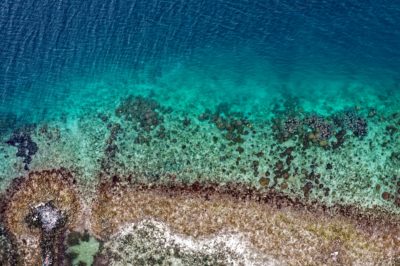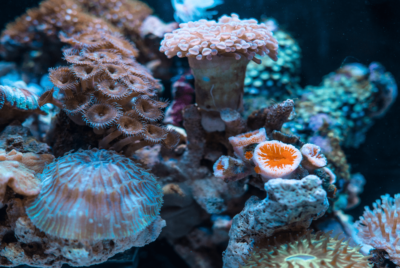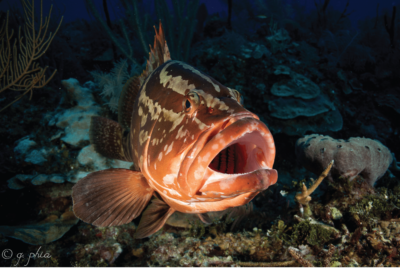News
Topics
Year
Tyler Eddy and several other Nereus members give yet another reason for the urgent need to meet climate change emission targets. Specifically, to reduce stress on coral reefs and restore their capacity to provide essential ecosystem services upon which millions of people rely on worldwide.
Tyler Eddy is a co-author on a new study in Nature’s Scientific Reports that uses raw video footage of Rangitāhua (Kermadec Islands) filmed for the documentary “Our Big Blue Backyard” to learn more about the remote area’s rich shallow reef biodiversity.
Nereus’s Vicky Lam (University of British Columbia) recently co-authored an article in Regional Studies in Marine Science, entitled ‘Dealing with the effects of ocean acidification on coral reefs in the Indian Ocean and Asia’. They discuss the ecological and socio-economic impacts of ocean acidification (OA) and warming sea surface temperatures on shallow coral reefs in the Indo-Pacific, the region’s current adaptive capacity to OA, as well as potential solutions.
Marine heatwaves can cause irreversible ecosystem damage and their frequency has doubled since 1982. If average global temperatures rise 3.5°C, we’ll see a jump from just fewer than four marine heat waves a year on average to a startling 122.
The Nassau grouper: an endangered, boldly striped fish that was once plentiful in southern coastal Florida, the Florida Keys, Bermuda, the Yucatan, and the Caribbean Sea. For more than 20 years, conservationists in the Caribbean have been working to protect this endangered species. Climate change now threatens to undo all of it.







